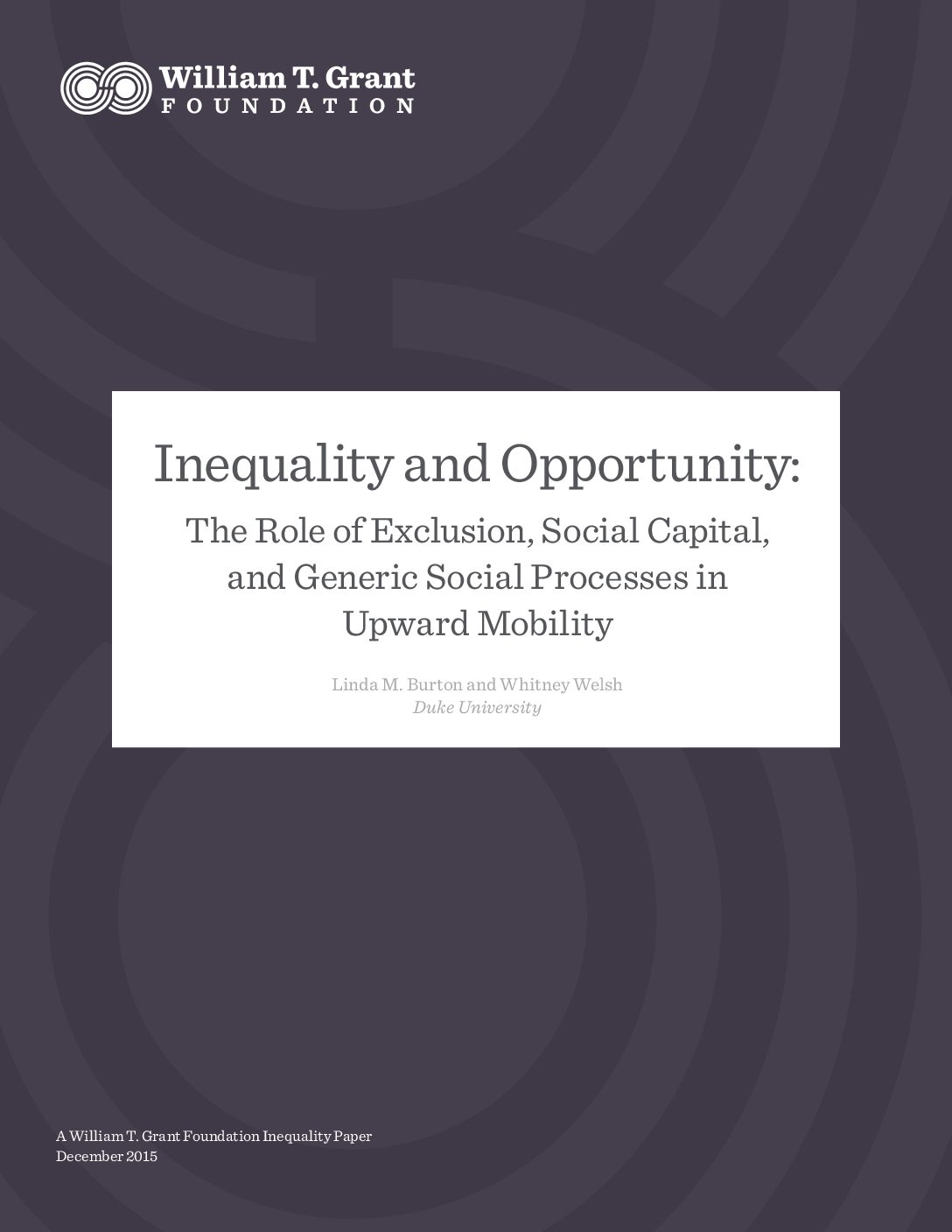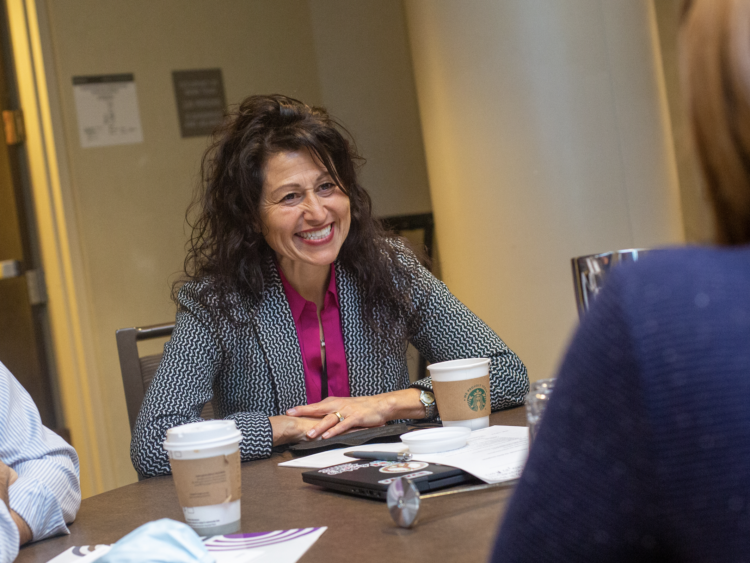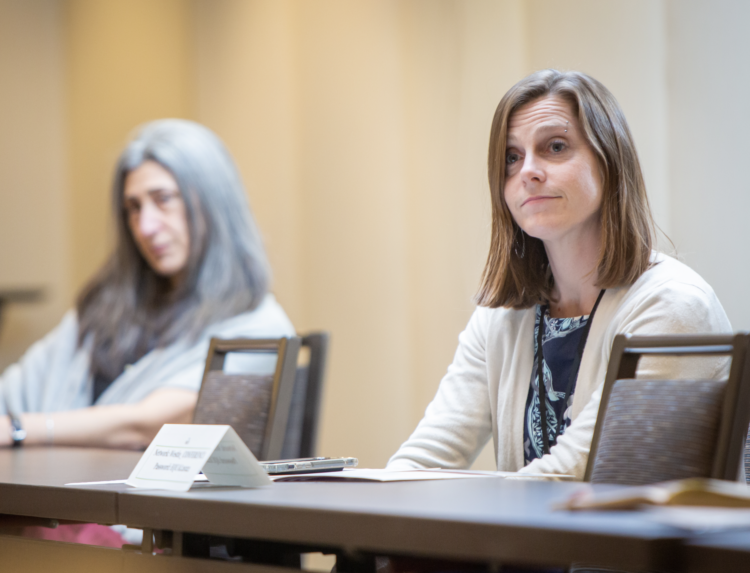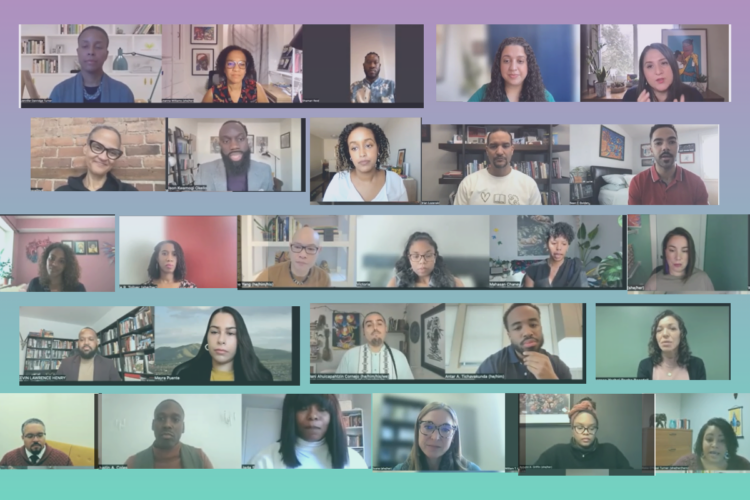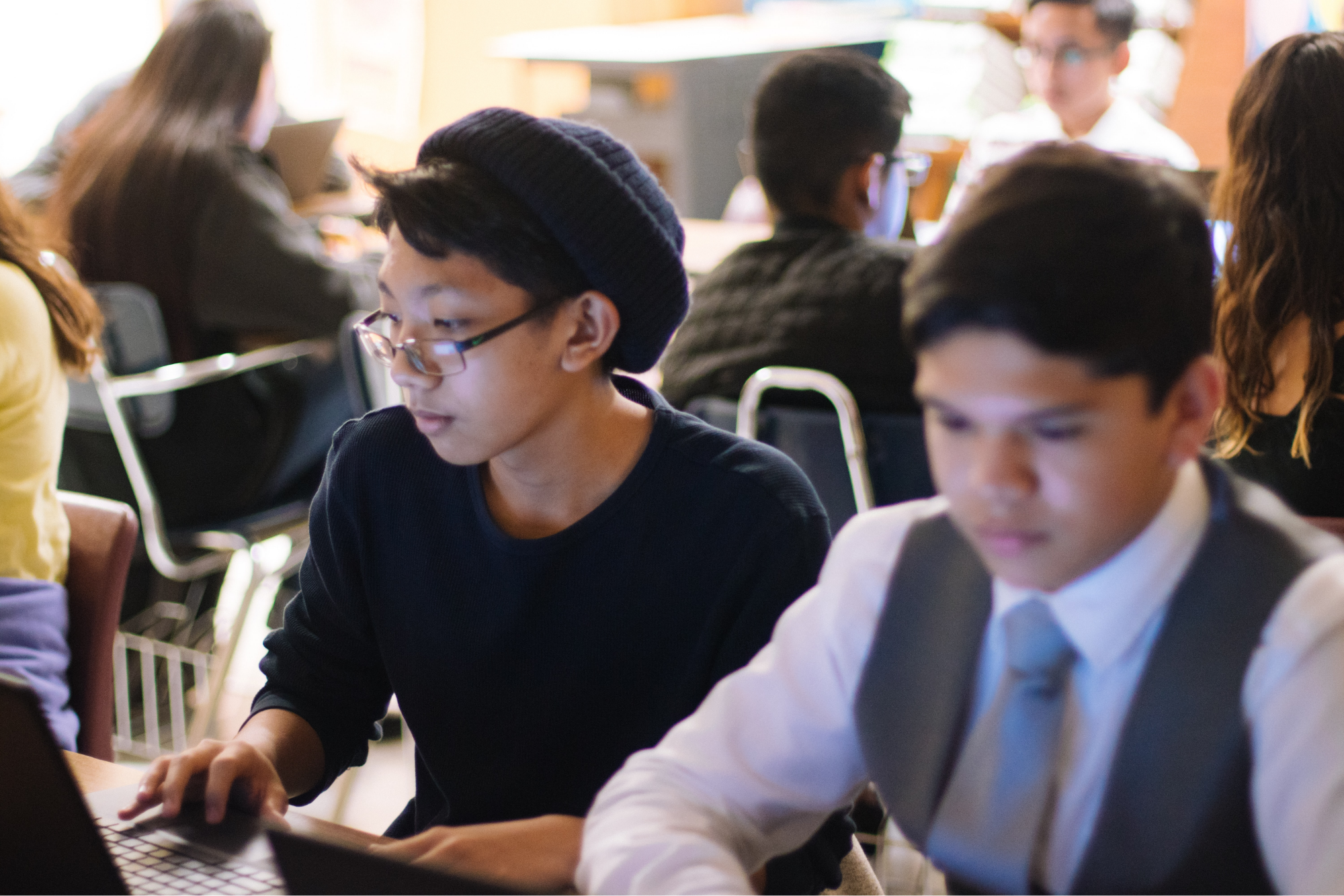Despite top-down measures and informal trends that would seem to encourage integration by providing opportunities for social interactions across socioeconomic and racial divisions, social exclusion persists in the United States, particularly among the poor and disadvantaged.
What processes isolate the disadvantaged and thereby limit the accumulation of social capital that would help them get ahead? And how can research illuminate responses that would reduce inequality and improve upward mobility? Duke University’s Linda Burton and Whitney Welsh tackle these questions and more in Inequality and Opportunity: The Role of Exclusion, Social Capital, and Generic Social Processes in Upward Mobility, a report that focuses on the often unseen micro level social processes that divide our society and preserve an unequal status quo.
Burton and Welsh outline the geographic segregation of the poor across the United States in the new millennium, highlighting the ways that Americans across the country “are either exposed to, turn a blind eye toward, or are deeply embedded in lived experiences that involve micro social processes that exclude the poor.” These processes, which take place both between and within groups of haves and have-nots, stymie opportunity and prevent the poor from developing the social bonds and resources that would mitigate the negative effects of poverty and isolation.
While many macro-level policies and interventions to address poverty are essential to the survival of the poor, a closer consideration of how these policies or programs are experienced at the individual level, and how micro processes, relationships, interactions, and discourse promote or inhibit opportunity, may improve efforts to reduce inequality by identifying and ultimately removing barriers to social capital for those who need it the most.
As Burton and Welsh state, “Research designed to capture these dynamics is needed to expand our understanding of how social exclusion and the macro and micro processes associated with it are shaping the growing inequalities between and within populations in the U.S. and what factors might mitigate the deprivation of social capital among the poor.”
